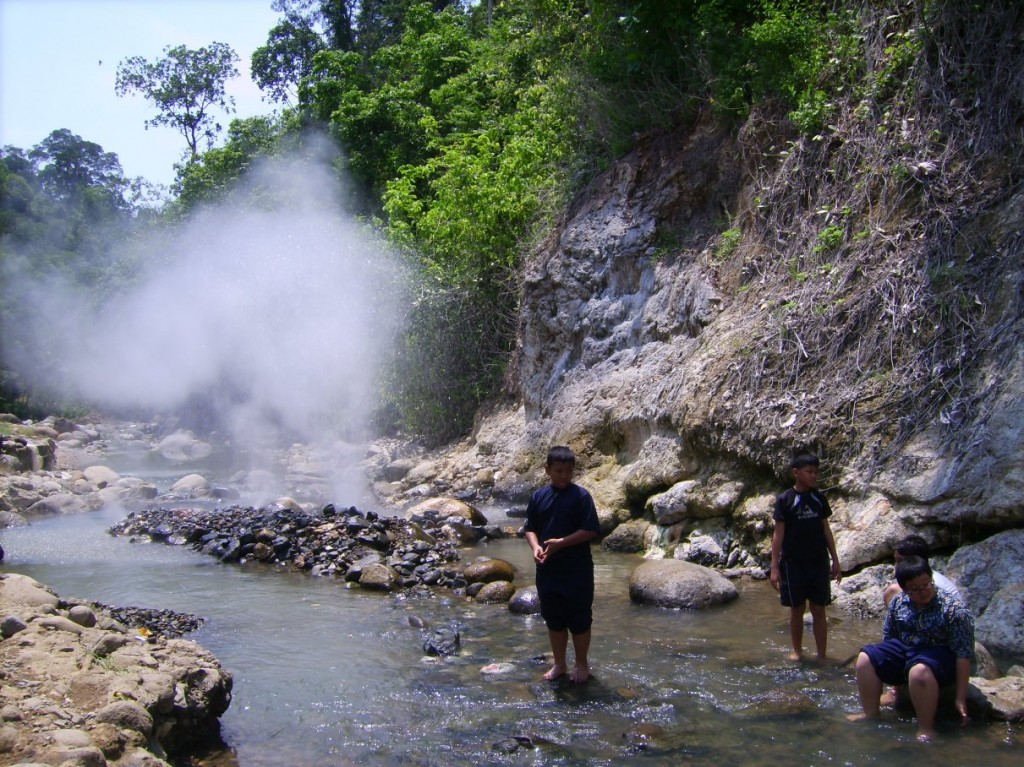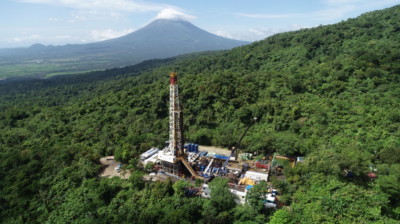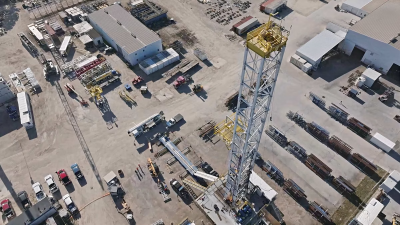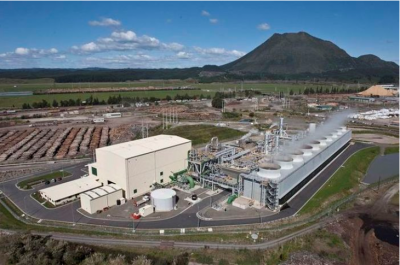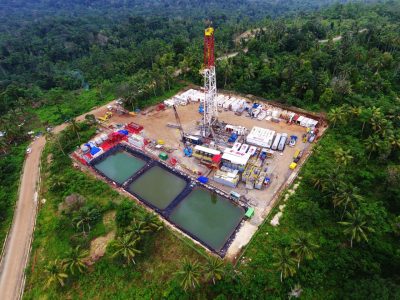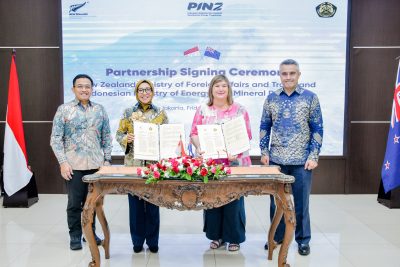Government revokes geothermal permits for three working areas in Indonesia
Withdrawing development permits for three geothermal working areas, Guci, Cisolok Cisukaramae and Tampomas, the Indonesian government now plans to do the exploration and then offer the permits to developers.
Last week, the Indonesian Ministry of Energy and Mineral Resources (ESDM) revoked geothermal permits for three geothermal working areas (WKP), namely Guci, Cisolok Cisukarame, and Tampomas.
The Guci geothermal block in Central Java has been managed by PT Spring Energi Sentosa, Cisolok Cisukarame by PT Jabar Rekind Geothermal, and Tampomas by PT Wijaya Karya Jabar Power.
Director of Geothermal Directorate General of New and Renewable Energy and Energy Conservation of the Ministry of Energy and Mineral Resources Ida Nurhayatin Finahari said the licenses for the three companies were revoked because they did not extend the exploration period of the three geothermal blocks. This is because the company’s performance is not good enough.
“The reason is there has not been significant progress,” she said to Investor Daily.
The Guci Block was initially planned to be developed with a geothermal power plant (PLTP) capacity of 55 megawatts (MW), Cisolok Cisukarame 50 MW, and Tampomas 45 MW.
After termination of the permit, Ida admitted, the three geothermal regions will not be directly offered back to investors. “It will be explored by the government first, then offered to developers,” he explained. The government’s geothermal exploration program, he said, is one of the government’s breakthroughs so that geothermal development is more attractive to investors.
Thus, the geothermal block offered to investors has been equipped with exploration data collected by the government. That way the risk of geothermal development in the upstream that has been borne by the developer is taken over by the government.
Furthermore, she added, the exploration costs that have been disbursed by the government do not need to be replaced by geothermal developers. But in exchange, the price of electricity from the developer’s PLTP will be lower. Her office is preparing a regulation for this program. Ida added, termination of licenses for the three companies will not interfere with geothermal development plans. The reason is that the development of these three geothermal blocks has been stopped in the 2020-2030 Geothermal Development Roadmap.
“So the target [geothermal development] remains in accordance with the roadmap,” she said. Referring to the roadmap, geothermal capacity is projected to reach 8.008 MW in 2030. The installed capacity of national PLTP is currently only 2,130.7 MW and is targeted to reach 2,270.7 MW by the end of this year. Indonesia has geothermal resources reaching 28,508 MWe with reserves of 17,435 MWe.
Source: Investor Daily
